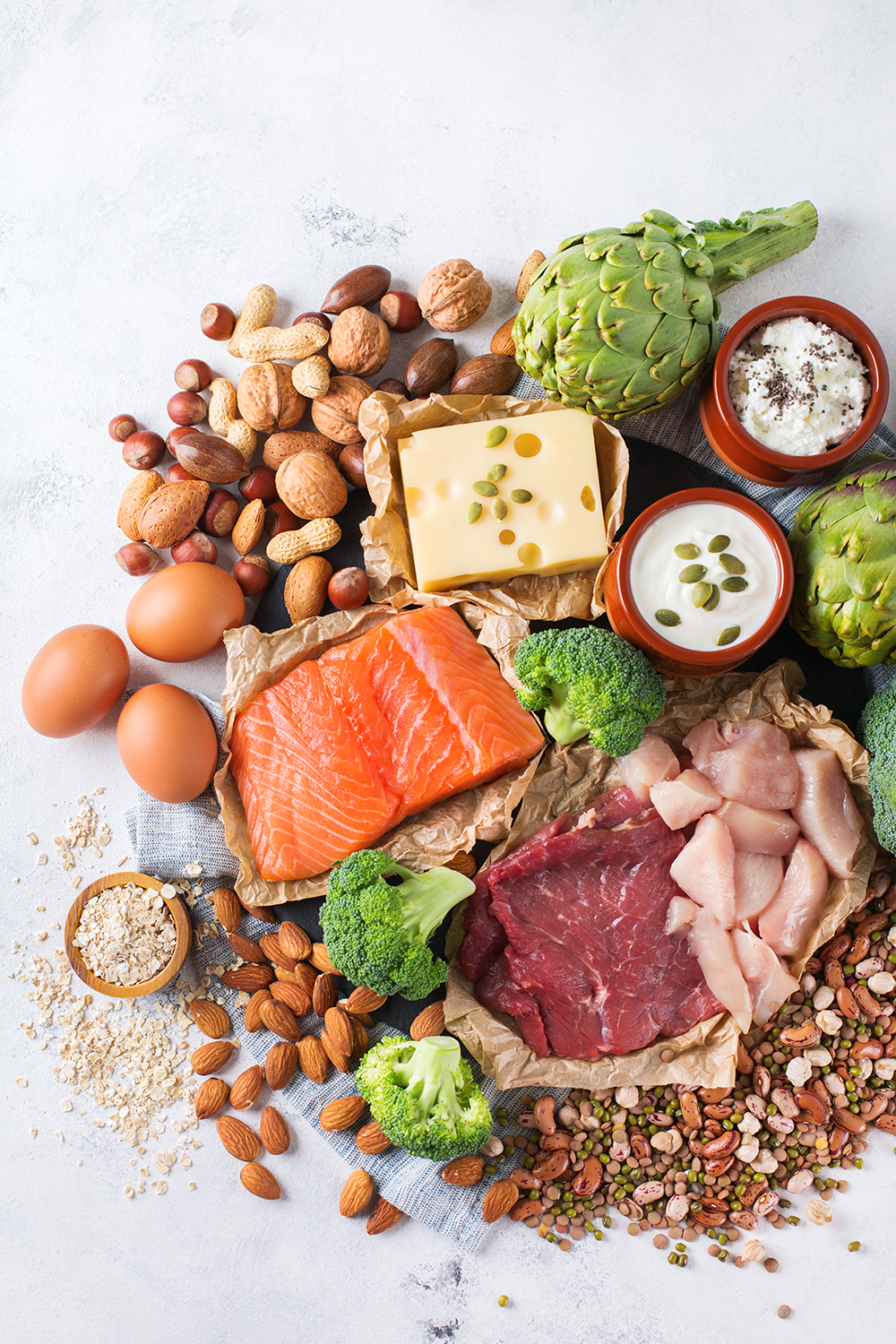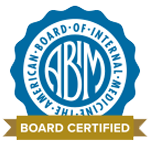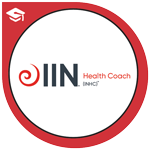The connection between our gut and brain is far more complex than most people realize. This intricate communication system, known as the gut-brain axis, has become a hot topic in the medical world. Probiotics, often called the “good bacteria,” play a starring role in maintaining this vital connection. These live microorganisms, when consumed in the right amounts, offer a multitude of health benefits that go beyond just digestion. Let’s explore how probiotic-rich foods can support both gut and brain health, and why they should be a staple in your diet.
The Gut-Brain Axis & Probiotics
The gut-brain axis serves as a two-way communication network between your gut and your brain, impacting everything from digestion to mental health. Probiotics are the unsung heroes of this system, working behind the scenes to enhance both gut health and cognitive function. These beneficial bacteria help keep your gut lining strong, fend off harmful bacteria, and even contribute to the production of neurotransmitters—the brain’s chemical messengers.
The Role of Probiotic-Rich Foods
Incorporating probiotic-rich foods like yogurt, kefir, sauerkraut, kimchi, and other fermented delicacies into your daily meals can revolutionize your gut microbiota. These foods don’t just support digestive health; they play a critical role in modulating brain function and behavior. Studies show that consuming probiotics can help reduce symptoms of anxiety, depression, and even neurological conditions like autism and neurodegenerative disorders. The link between diet and mental health is stronger than ever, and it starts with what’s on your plate.
How Probiotics Boost Brain Health
The magic of probiotics lies in how they interact with both your gut and brain. Here are a few key ways they work:
- Neurotransmitter Production: Probiotics help produce and release neurotransmitters like serotonin and dopamine—essential chemicals that regulate mood, sleep, and emotional well-being.
- Inflammation Reduction: By boosting your immune response and reducing inflammation, probiotics help lower the risk of mental health disorders, which are often linked to chronic inflammation.
- Gut Barrier Protection: A healthy gut barrier prevents toxins from entering the bloodstream—a problem often referred to as “leaky gut.” By strengthening this barrier, probiotics help maintain gut integrity, which in turn can safeguard brain health.
The benefits of probiotic-rich foods extend far beyond a healthy digestive system—they’re also a key ingredient for optimal mental health. By nourishing your gut microbiota, these foods can enhance mood, improve cognitive function, and even protect against mental health disorders. As research continues to unfold, one thing is clear: a diet rich in probiotics isn’t just good for your gut, it’s essential for your brain. So, why not make probiotic-rich foods a regular part of your wellness routine?





